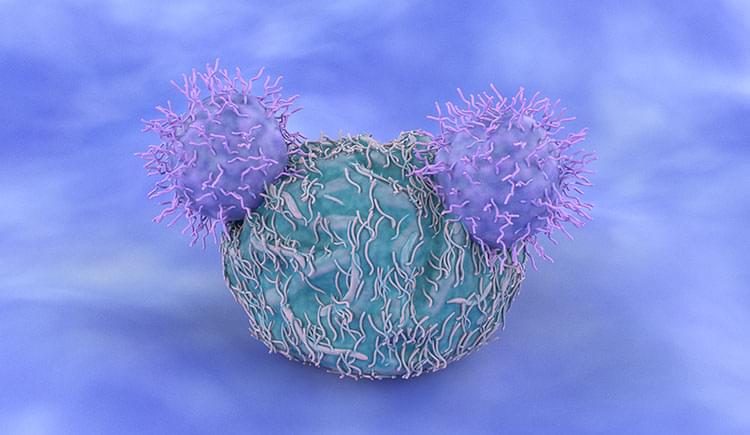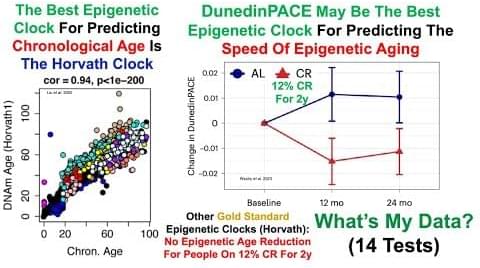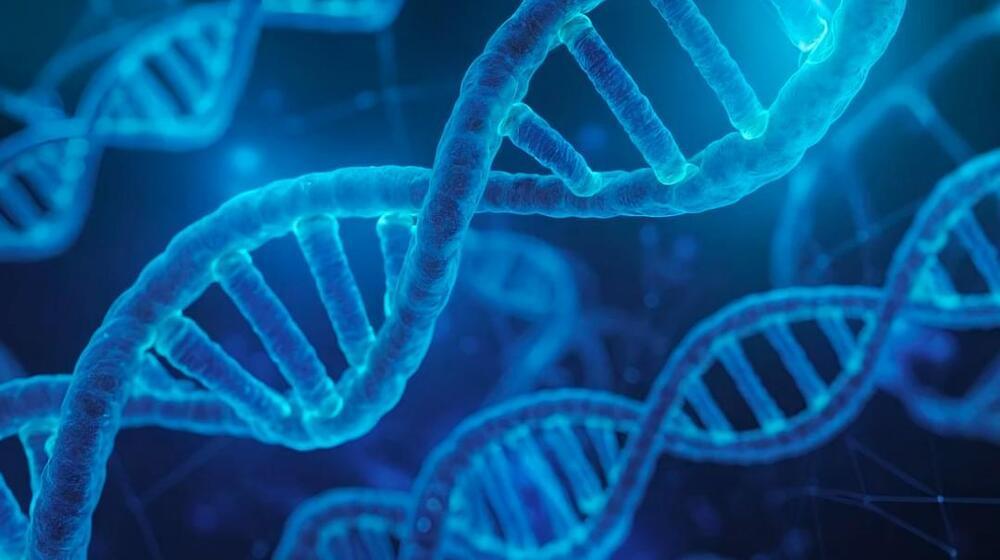Jun 11, 2024
2024 Warren Alpert Prize Honors Four Pioneers in CAR T-Cell Therapy
Posted by Shubham Ghosh Roy in categories: biotech/medical, genetics
Significance of the work.
CAR T cells are genetically engineered immune cells tailored to respond to a specific molecule found on the surface of tumor cells. These cells are a form of immunotherapy — an approach that harnesses the native ability of the immune system to fight diseases, particularly cancer. CAR T-cell therapy represents a milestone in cancer treatment. It propels cancer therapies beyond traditional chemotherapy and radiation treatments, which are often highly toxic and non-specific.
The four scientists honored with this year’s Warren Alpert Foundation Prize each played key distinct and complementary roles in developing CAR T cells and making their use in the clinic possible. Today, CAR T-cell therapies offer great hope for patients with various B-cell malignancies who have relapsed or failed to respond to other therapies. CAR T cell-based approaches could eventually be used to treat solid tumors, as well as a variety of autoimmune diseases and other conditions.


















